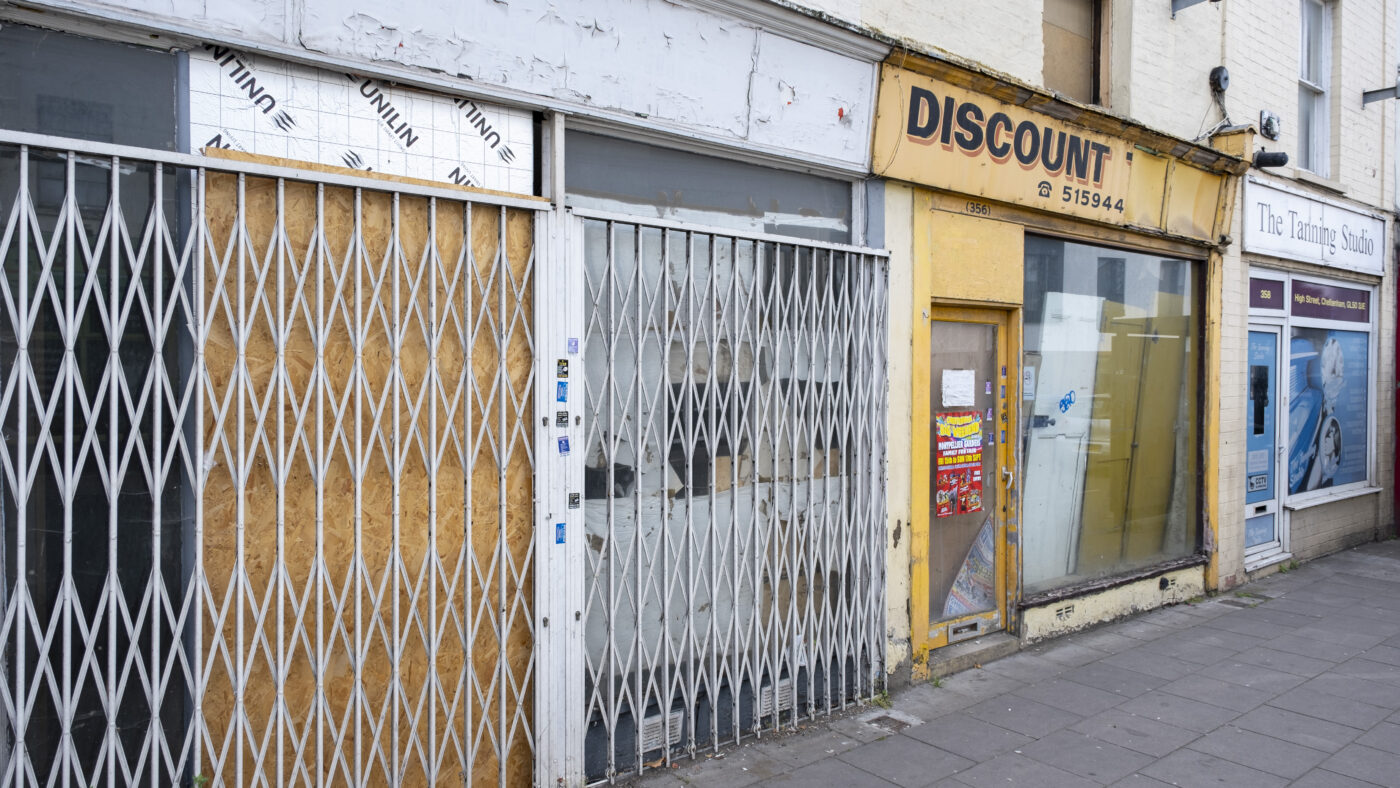Our tax system is in such a mess that it’s difficult to know where to start. From inheritance tax to stamp duty, our system of revenue raising distorts, discourages and depresses investment, growth and household budgets. As the Centre for Policy Studies has highlighted, we’ve now slipped three places to 30th in the International Tax Competitiveness index.
Both of the main parties agree that there is work to be done, although whether they consider it a priority is another matter. But in a rude reminder of the need to make tax reform fashionable again, we saw what was described as a ‘bleak picture’ for UK retail and hospitality as trade bodies warned that inflation could send business rates soaring by £2bn. Cue warnings of price hikes and businesses going under.
As businesses stare down the barrel, there is a growing need to look at a tax that does far more harm than it does good.
But firstly, what are business rates?
Business rates are a tax on the annual rental value of most non-domestic properties. It has two, fractionally different rates depending on the value of the property, hovering around 50%. They can be seen as fulfilling two tax functions. The first is to tax the value of the land on which business premises sit. The second is to tax the value of the buildings and any other improvements made to the land. The first leads to very little economic distortion and destruction. The second, by contrast, is highly destructive. It is the effect of the second dominates.
What would reform look like? Well, in new research by the TaxPayers’ Alliance, we’ve laid out options for ministers to consider as they mull over the autumn statement and then, next year, the budget.
One way to reform the system, as laid out in a treasury consultation on business rates, is the implementation of a new improvement relief to ‘enable businesses to adapt to meet rising demand, make improvements to their premises, and enhance productivity.’ It also proposed replacing the current five year valuations of the rental value to three years.
Futher, the Confederation of British Industry (CBI) has asked for a permanent cap in the headline rate, a mechanism to enable businesses to recoup costs before rates rise in line with the new value of the property, and aligning rates better ‘to the economic cycle’. Their call for reform has been echoed by another trade body, the British Retail Consortium, which rightly describes the business rates burden as ‘unsustainable’.
Problems are mounting, and as we point out in our research, in an era of online shopping, the high street needs all the help it can get.
Ruling out rises in business rates, like the CBI has called for, would at least provide immediate relief. But this doesn’t deal with the long term economic distortions. Limiting the economic damage would also require the tax to reflect the underlying site given its permitted use, excluding ‘buildings, plant and machinery, and any other improvements’ as proposed by Tom Cloughtery and others for the Centre for Policy Studies and the Tax Foundation. While all tax is distortionary, reforming business rates in this way could limit the damage.
In their 2019 manifesto, the Conservatives promised to reduce business rates for retail businesses. Two years ago, Rachel Reeves pledged that Labour would scrap business rates and undertake the ‘biggest overhaul of business taxation in a generation’. It’s clear that a reform of business rates is long overdue, and it seems that there is the political will in both main parties to get it done.
After all, who in their right mind would want to allow our high streets to continue to fade as a result of punitive rates? But warm words about easing the burden on bricks and mortar business aren’t enough. Sadly, despite the manifesto promises and newspaper headlines, neither Labour or the Conservatives have put reform anywhere near the forefront of their policy agenda.
For far too long, the outdated rates system hasn’t been sufficiently prioritised by Westminster, while more and more shops close their doors for the final time. There’s a mountain to climb to simplify our tax system, and a range of pressure groups and charities are all asking for their own changes. But business rates reform is uniquely urgent, because if we continue to kick this can down the road, we will keep losing the businesses that jobs, wages and communities around the country rely on.
Click here to subscribe to our daily briefing – the best pieces from CapX and across the web.
CapX depends on the generosity of its readers. If you value what we do, please consider making a donation.


